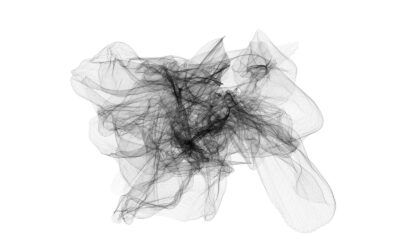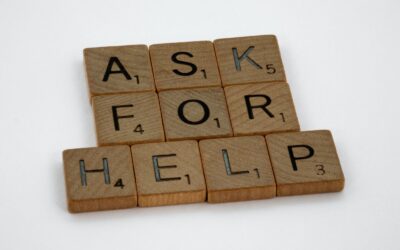Reports of treatment-resistant depression, anxiety, and other chronic disorders are on the rise. If you’re experiencing symptoms related to these conditions, you understand how negatively your quality of life can be affected. People with depression or other mental health struggles often notice that their productivity suffers when they’re going through a depressive state, and new studies are exploring how alternative treatments may help. Preliminary studies suggest that microdosing 3,4-Methylenedioxymethamphetamine (MDMA) and lysergic acid diethylamide (LSD) can bring about incredible results. However, these substances are currently classified as Schedule I drugs, meaning that there are no accepted medical uses and a high potential for abuse. Here, we discuss this topic further and offer insight into why medical ketamine may be a great alternative:
What is Microdosing?
Microdosing refers to the practice of consistently taking small fractions of a dose of psychedelic substances (often MDMA or LSD). When an individual microdoses, they usually take just 1/10th to 1/20th of the amount that’s used for a recreational “trip.” Many people who microdose take a one-day-on, two-days-off approach.
Although many of the substances that are used for microdosing are currently Schedule I, researchers are seeking to understand if there are safe paths forward. Multidisciplinary Association for Psychedelic Studies (MAPS) funds many studies, including MDMA-assisted therapy research.
What Are Alternatives to Microdosing?
Anecdotally and in emerging studies, microdosing has been found to provide benefits such as improved mood, increased productivity, and reduced levels of anxiety. However, the substances involved in microdosing are highly controlled and MDMA-assisted therapy is currently not widely accessible. Since the long-term effects of MDMA, LSD, psilocybin, and other psychedelics are not yet known, you may prefer other options. Ketamine is an FDA-approved anesthetic that’s known for its dissociative properties, and new research shows that it also acts as an anti-inflammatory. Unlike Schedule I drugs used for microdosing, ketamine is safe and legal when used in medical settings.
If you’re tired of struggling with symptoms of depression, anxiety, PTSD, or other disorders that negatively impact your quality of life, it’s time to find a new path forward. Although the practice of microdosing using psychedelics such as MDMA, LSD, and psilocybin can bring relief, the long-term safety isn’t well-studied and these substances are tightly controlled. When you’re looking for a more mainstream form of treatment, medical ketamine is an option to consider. Our practice uses ketamine infusions based upon your current symptoms and medical history, and each patient is carefully monitored by doctors. Ready to learn more about ketamine infusions and determine if you’re a candidate for this type of treatment? Please contact us for a consultation.



